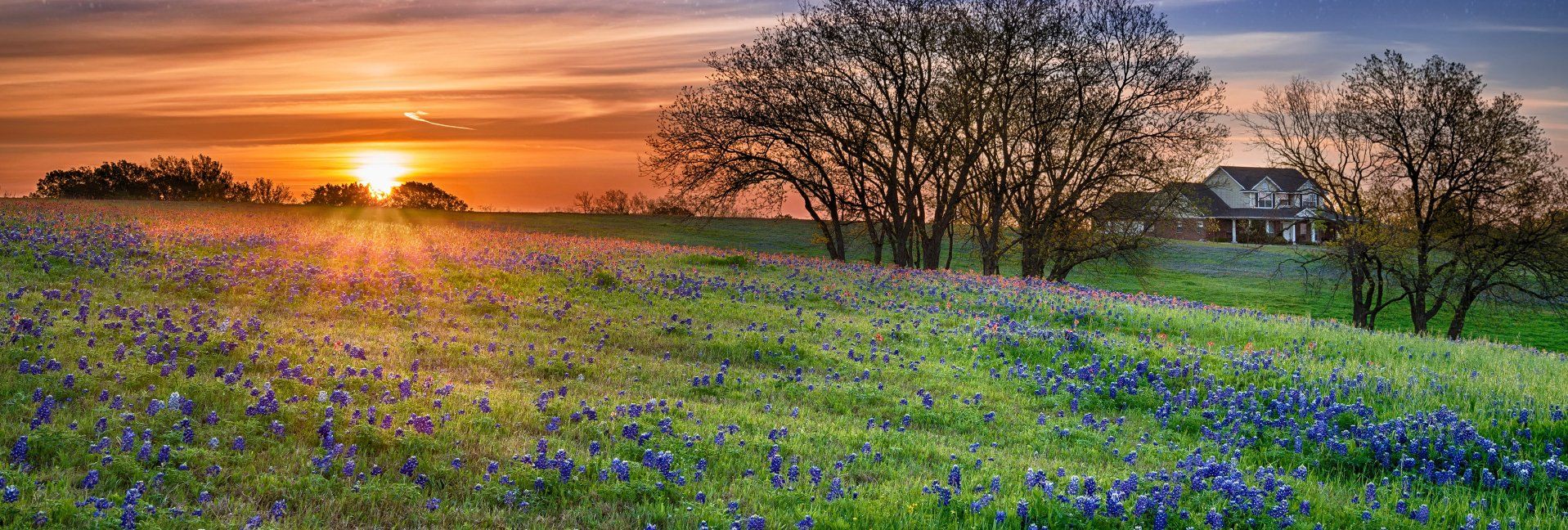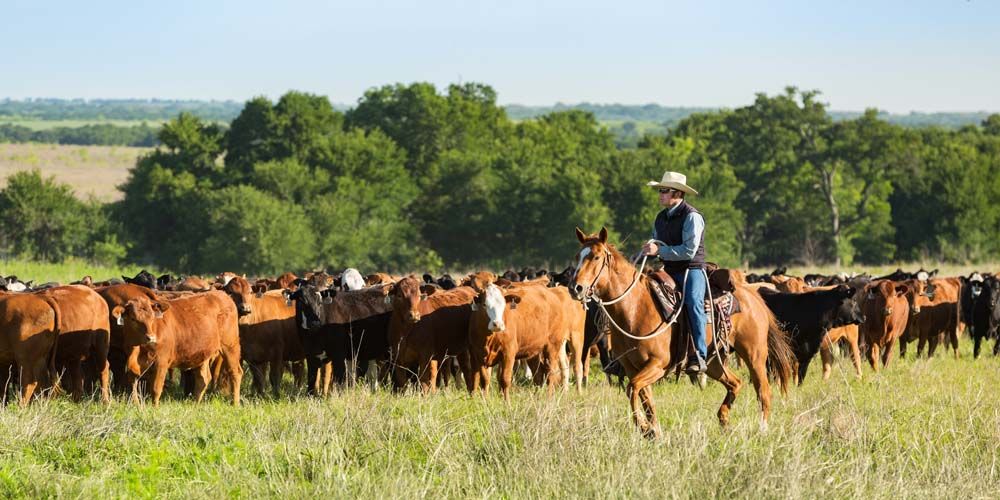Why we love the Acreage Life


Written by Jonathan Reed, Editor
April 4, 2019
Every so often people are reminded why they live on an acreage. Usually it occurs when visiting a bigger city. So let’s take a moment to review what’s so great about living life in the country.
Peace and quiet
One of the best things about living in the country is stepping outside your door and hearing…nothing. No cars, jets, trains, people, or other annoyances of urban living to raise your blood pressure.
Instead, you can hear wind, rustling leaves, scraping branches, birds, and maybe cattle or horses from the neighbor’s farm a couple miles away.
You can see ALL the stars
In the days before dusk-to-dawn lights, darkness in the country was total. But if you turn off that light for a while, you might be surprised at what you can see by looking upward on a clear night. Give it 30 minutes after the last traces of sunset have disappeared. As your eyes adjust to the darkness, a few stars will seemingly be joined by hundreds of others, then by the entire Milky Way.
Maybe you’ll realize your place in the universe. It’s okay to gasp.

Fresh air
Maybe the second-best part of living a rural lifestyle is stepping outside to enjoy a lungful of actual fresh air. Cities induce us to visit occasionally, but for day-to-day life, choose country. It smells like “renewal.”
The wildlife
City folk can get excited when they see a squirrel—whoop-de-doo. But you could encounter deer, bighorn sheep, eagles, prairie dogs, fishers, moose, geese, coyotes…heck, just about anything, sometimes all in one day.
Occasionally they are a nuisance—we’re looking at you, raccoons—and sometimes their meat will fill our freezers, but wildlife is there to remind us of all the reasons to enjoy a rural lifestyle.
Traffic
Or rather, the lack of it. In many small towns, the most traffic you’ll ever see is during a community’s annual parade.
There is a potential downside: everyone’s coming and going is everyone else’s business. My father decided after many years to visit his parents’ graves at a remote cemetery. His younger brother got a phone call: “Harold’s probably coming to visit you—I think I just saw him drive by the cemetery.” It was the only car on the road all day.
Slower pace
When you live in the country or a small town, “urgency” isn’t the word of the day. Things that need to be done still get done, but in their own time.
The cooking
It’s a sure bet that biscuits and gravy didn’t originate in a city. Full of fat and carbohydrates, breakfasts like this are what powered America’s hard-working farmers for generations.
Grits, chicken fried steak, chislic, southern barbecue, pasties, chow chow, collard greens, lutefisk, burgoo, and dozens of church-lady pan dishes all have origins (and continued enjoyment) from rural America. You’re welcome.
Cowboy hats, string ties and snaps over shirt pockets
West of the Missouri River, the Stetson is no big deal. They are comfortable and practical, keeping sun and rain out of the outdoor working-man’s face. Surprisingly, the iconic bolo tie and snap pocket shirts are inventions from the 1940s.
The cycles of life
Living in the country, you learn to work with the seasons. Each quarterly change offers a reminder of Nature’s beauty, but also enjoyment of the season. Yes, they can test us, as in the case of spring calving, tornadoes, hurricanes, flooding, drought, harvest, and snow. But get through it we will.
You can raise your own food
Anymore, people are getting serious about the food they eat. When you plant your own garden, you can be responsible for what you put into your body. Ditto the animals you raise for food.
Tractors
Once you hear the two-cylinder song of an old tractor—pocketa-pocketa-pocketa—it gets into your blood. The nostalgia of seeing, hearing, or using a tractor similar to one your grandfather might have used continues today, even though modern models are far more efficient.
People you can count on
Last October, an Iowa farmer passed away unexpectedly just days before finishing harvest. Twenty neighbors, friends, and well-wishers stopped their own work to harvest the last 400 acres of soybeans. “That’s just what you do,” was the sentiment many expressed.
This is not an unusual occurrence.
Tags:Acreage Accents

Acreage Life is part of the Catalyst Communications Network publication family.
















